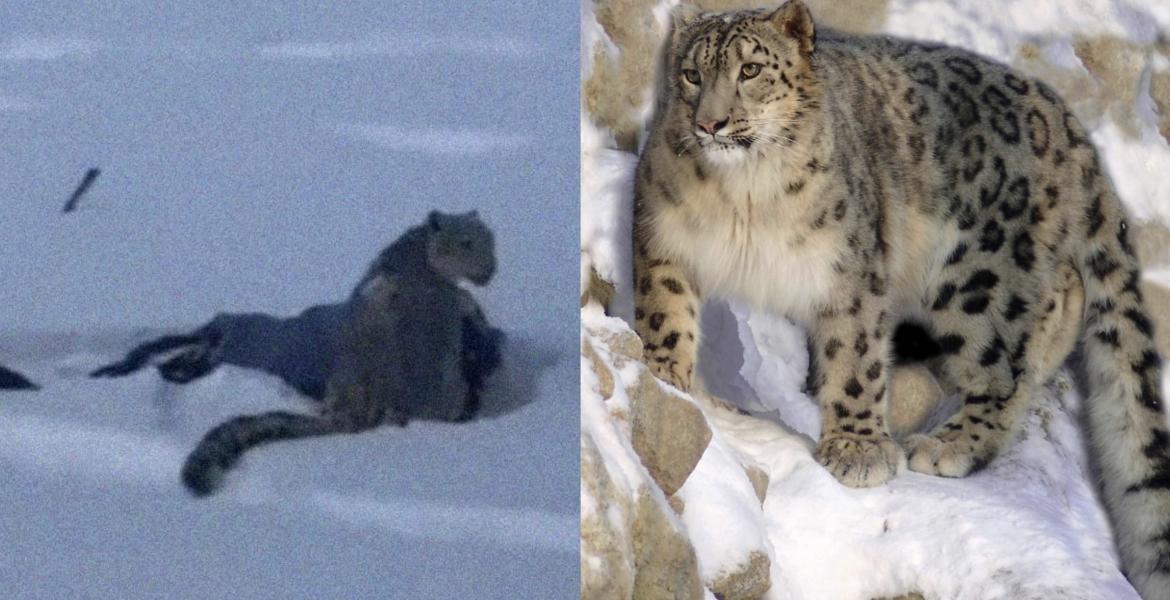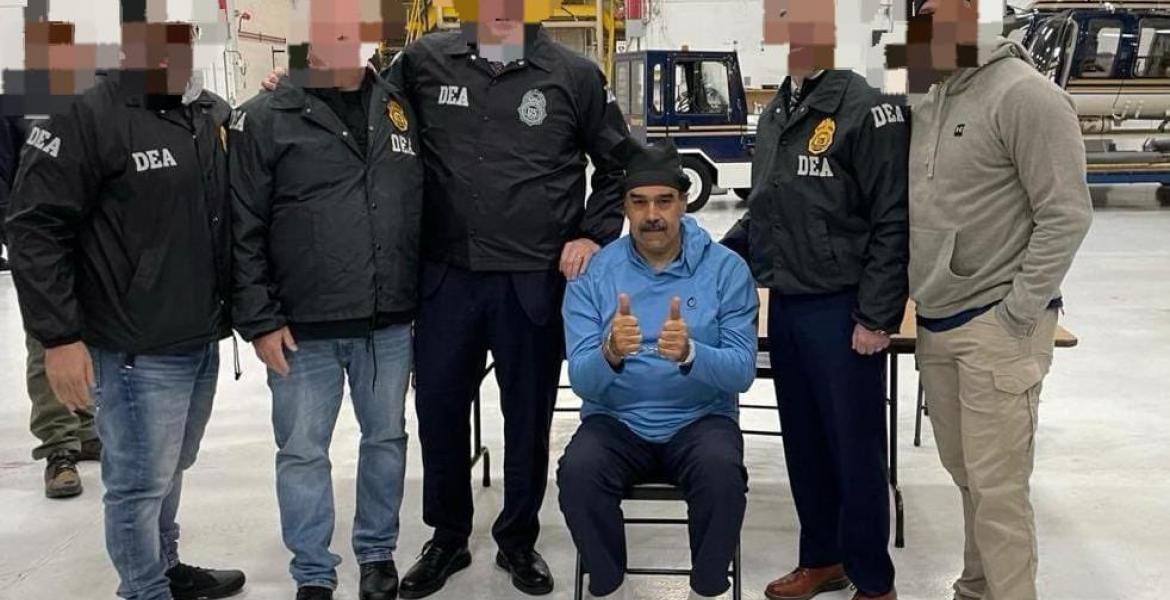Federal and state enforcement agencies announced the conclusion of a 10-day international effort of enhanced coordination and increased action against the illegal trafficking of wildlife that resulted in 25 seizures at airports and international mail facilities in Miami and Los Angeles.
The World Customs Organization-led (WCO) operation, dubbed FLYAWAY, teamed U.S. Immigration and Customs Enforcement’s (ICE) Homeland Security Investigations (HSI) with U.S. Customs and Border Protection (CBP), U.S. Fish and Wildlife Service (FWS) and the National Oceanic Atmospheric Administration (NOAA).
The federal agencies strengthened their commitment against wildlife smuggling, which damages ecosystems, threatens extinction of species, promotes economic instability, funds organized crime and spreads infectious diseases, and combined key resources while joining Mexico and various South American and European countries for the 10-day crackdown, which took place June 17-26.
HSI attaché offices in Colombia, Brazil and elsewhere abroad worked cooperatively with local law enforcement and assisted customs officials with implementing the successful global operation.
“Operations such as FLYAWAY are tremendous for mobilizing organizations to move beyond dialogue to active collaboration,” said WCO Secretary General Kunio Mikuriya. “Buoyed by the success of this operation, I am confident that participants will benefit in the future from the experience gained and that the sharing and exchange of vital information will continue.”
Agents in Miami combed through suspicious shipments and pieces of luggage, and K-9 units in Los Angeles, supplied by the California Department of Fish and Wildlife, aided in the search for illegal contraband. The U.S. Postal Service was on standby to assist with controlled deliveries.
Items seized in the United States during the operation included queen conch shell meat, sea turtle shells and skulls, elephant meat, tiger teeth and ivory pendants. Many of the confiscated goods are regulated under the Convention of International Trade and Endangered Species of Wild Fauna and Flora (CITES), and some items are prohibited under the Endangered Species Act.
Operation FLYAWAY was the first customs-centric regional wildlife operation focusing on the Western hemisphere. The effort was primarily organized by the WCO’s Regional Intelligence Liaison Office and Peruvian and U.S. customs agencies, which worked closely with partner countries, police, wildlife authorities, and the CITES Secretariat. Participating countries used WCO’s secured Customs Enforcement Network Communication Platform to exchange timely information and promote cross-regional coordination in enforcement efforts.
Wildlife trafficking is the fourth largest global illegal trade activity, after narcotics, humans and counterfeit products, and has an estimated financial value of $10 billion. Commonly smuggled wildlife items include rhinoceros horns, elephant ivory, rare fish bladders and exotic animals.
For more information on ICE’s investigative role in combating wildlife trafficking, please contact the National Intellectual Property Rights Coordination Center at (703) 603-3916.
Subscribe to the LIVE! Daily
Required






Post a comment to this article here: